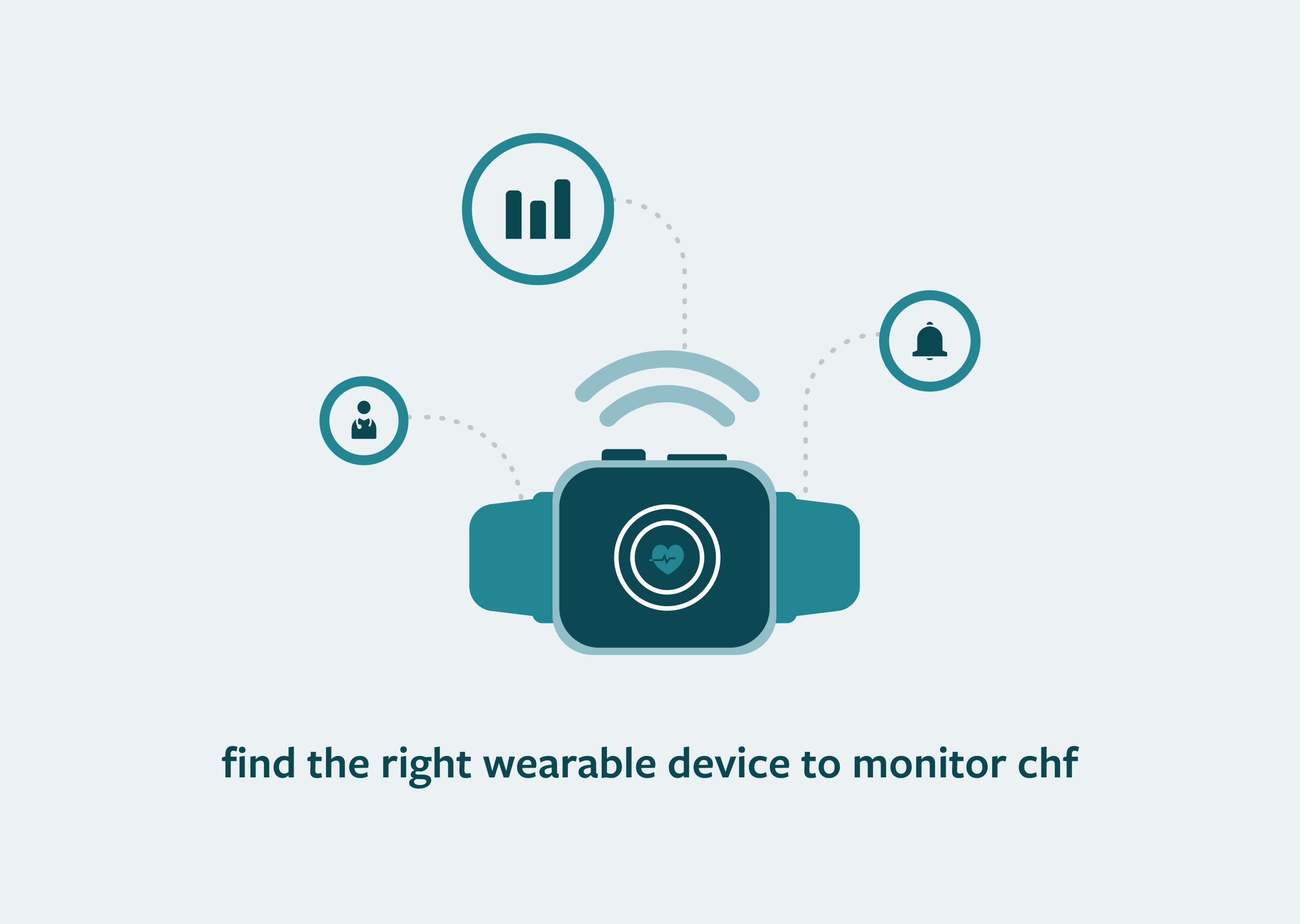
Wearable Devices for CHF Monitoring: Pros and Cons
In the ever-evolving landscape of healthcare technology, wearable devices have emerged as a game-changer for managing chronic conditions like Congestive Heart Failure (CHF). These innovative gadgets offer patients and healthcare providers real-time insights into heart health, enabling proactive intervention and personalized care. In this blog, we’ll dive into the world of wearable devices designed for CHF monitoring, weighing the pros and cons to help you make an informed decision when selecting the right device for your needs.
The Pros of Wearable CHF Monitoring Devices
1. Accurate Tracking of Vital Signs:
Leading wearable devices utilize advanced sensors to monitor key metrics such as heart rate, blood pressure, and even oxygen saturation levels. This accuracy allows for early detection of changes in a patient’s condition, empowering both patients and healthcare providers to take swift action.
2. Real-Time Monitoring and Alerts:
Wearables provide continuous monitoring, ensuring that any abnormal fluctuations in vital signs are detected promptly. Many devices are equipped with alert systems that notify patients and their care teams about potential issues, enabling timely interventions.
3. Enhanced Patient Engagement:
Wearable devices encourage patients to take an active role in their own health management. Regular monitoring fosters a sense of responsibility and accountability, which can lead to improved compliance with medication and lifestyle recommendations.
4. Comfort and Convenience:
Modern wearables are designed with user comfort in mind. They are lightweight, discreet, and often water-resistant, allowing patients to wear them throughout their daily routines without discomfort.
5. Data Integration and Analytics:
Most wearable devices sync seamlessly with smartphones or other devices, allowing patients and healthcare providers to access data through user-friendly apps. This data can be analyzed over time to identify trends and patterns, leading to more personalized treatment plans.
The Cons of Wearable CHF Monitoring Devices
1. Accuracy Variability:
While many wearable devices offer high accuracy, there can be variations among different brands and models. Some lower-end devices might not meet medical-grade standards for accuracy, which could lead to misleading readings.
2. Battery Life and Charging:
Battery life varies across wearable devices. Some models require frequent charging, which can be inconvenient for patients who might forget or have difficulty managing charging routines.
3. User Learning Curve:
Some wearables come with a learning curve, requiring patients to understand and navigate their features. This can be challenging, especially for older individuals or those less comfortable with technology.
4. Data Security and Privacy:
Storing health data on wearable devices and associated apps raises concerns about data security and privacy. It’s important to choose devices and apps from reputable manufacturers that prioritize data protection.
5. Cost Considerations:
High-quality wearable devices with advanced features tend to come with a higher price tag. While these devices can provide significant benefits, cost can be a deciding factor for some patients.
Choosing the Right Wearable Device for CHF Monitoring
Selecting the right wearable device for CHF monitoring requires careful consideration of your individual needs, preferences, and budget. Here are some steps to help you make the best choice:
- Assess Your Requirements: Determine the specific vital signs and features you need to monitor regularly.
- Research: Look for reputable brands and read reviews to gauge the accuracy and user experiences of different devices.
- Consider Comfort and Convenience: Opt for a device that fits comfortably into your lifestyle and daily routines.
- Evaluate Data Integration: Choose a device that syncs with user-friendly apps or platforms that facilitate data sharing with your healthcare provider.
- Check for Medical Certification: Prioritize devices that have received medical certifications for accuracy and safety.
- Compare Costs: While cost is a factor, balance it against the features and benefits the device offers.
In conclusion, wearable devices have transformed CHF monitoring by providing accurate, real-time data that enhances patient engagement and proactive care. By carefully considering the pros and cons of different devices, you can choose a wearable that aligns with your individual needs and preferences, empowering you to manage your CHF more effectively. Remember that regular communication with your healthcare provider is essential for interpreting and acting upon the data provided by these wearables.



FEEL FREE TO DROP US A LINE.